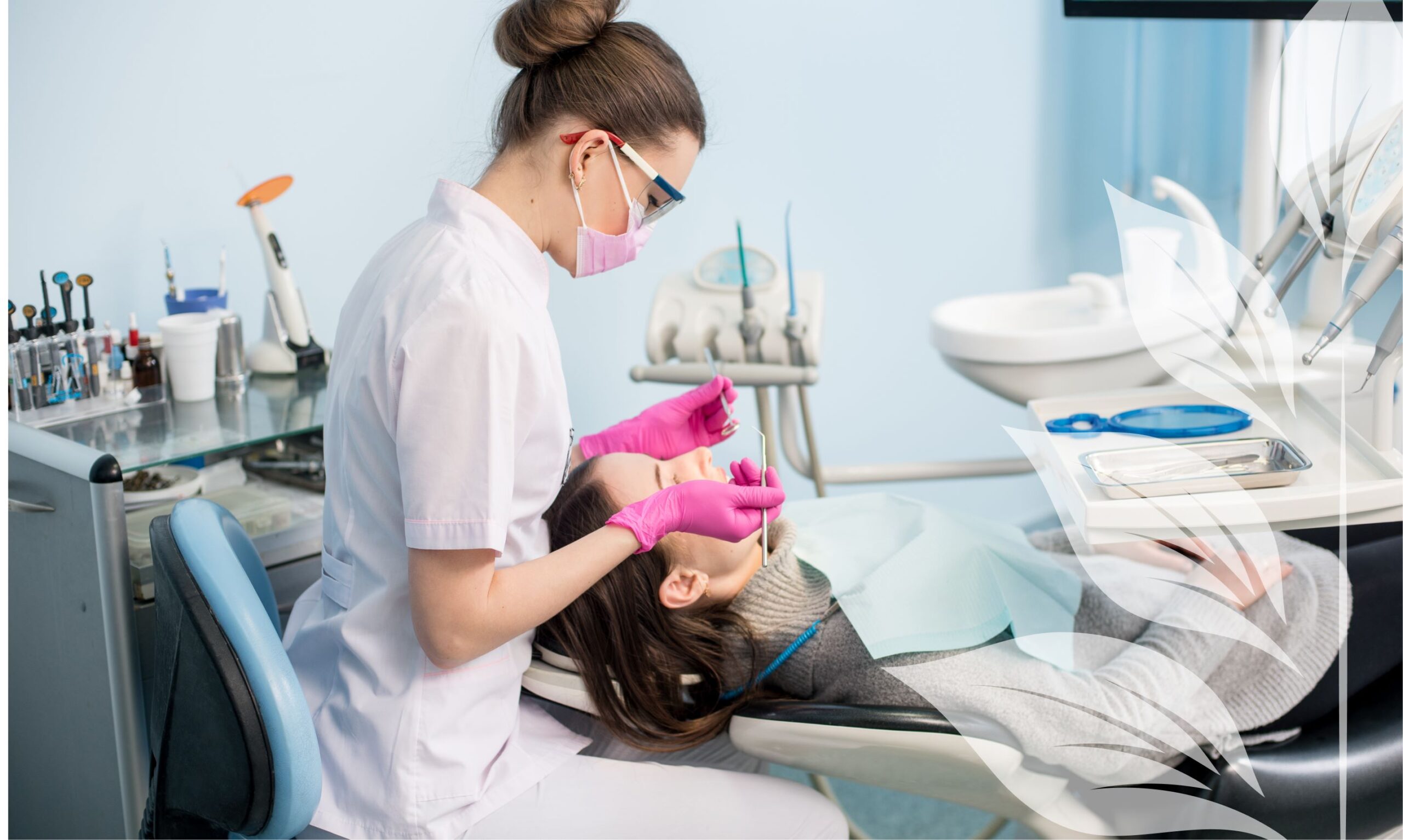Questions to Ask Your Dentist Before Getting a Crown
If you’ve damaged your tooth or have a cavity, your dentist may recommend you get a dental crown or filling. And while the two can sometimes be used interchangeably, in some cases, it may be better to go with the former. Here are a couple of questions your dentist will discuss with you.
What’s the difference between a crown and a filling?
The average American has three dental fillings where cavities once were. During the procedure, Dr. Allred will remove the decayed tooth material, clean the remaining enamel, and finally, fill the hole with a tooth-colored composite resin, restoring bite force to what it was before the cavity.
In contrast, crowns are used to treat teeth with more advanced decay. A crown covers all the parts of the tooth above the gumline, protecting it from further damage and giving you more stability when speaking or chewing.
What’s wrong with my tooth? Broken tooth, cracked, or crazed
Most tooth damage can either be classified as broken, cracked, or crazed. If it hurts when you bite down or drink hot or cold beverages, there’s a big chance one of your teeth is cracked. A craze, however, is a simple stress line that’s usually painless because it doesn’t affect the structural integrity of your tooth. When a small piece of your tooth breaks off, you may not feel any pain, but the jagged edge can easily cut your tongue. Larger breaks often damage the nerve, causing extreme pain that’s either constant or comes and goes.
What can stop the pain?
The fastest way to stop the pain is to visit a dentist near you. They’ll examine the damaged tooth and recommend the best course of action. Painless breaks affecting only the chewing surface of the teeth are treated using crowns. Small craze lines, on the other hand, are lightly polished out and the affected tooth is whitened to a natural shade. In cases where the damage causes no pain or infection, cracks are filled or bound together with specialized dental cement.
If you’ve damaged your tooth and are unable to visit Dr. Allred’s dental office that day, here’s what you can do:
- Gently bite down on a clean piece of gauze as you look for the part of the tooth that broke off so you can bring it with you to the dentist’s office.
- Take over-the-counter medication, such as Advil or Tylenol, to relieve pain. You’ll need to first check with your doctor to confirm it’s safe to use if you’re already taking other medication.
- During your daily oral routine, don’t brush the damaged tooth; instead carefully floss around it and remove any sticky film coating. Rinse with warm salt water afterward to remove bacteria and reduce pain.
What could happen if I wait?
Since the break from a damaged tooth is typically not smooth, you can accidentally cut your tongue on it. The nerves of your tooth can also become infected if the damage is left untreated, causing extreme pain when exposed to hot or cold temperatures, say as you take a sip from your morning coffee. Putting pressure on a crack may lead to the tooth breaking off completely. And while a damaged tooth may not cause immediate discomfort, getting it fixed right away restores your mouth’s normal functioning and prevents the issue from escalating into costly dental procedures.
Do I need a root canal?
It’s not always necessary to get a root canal before your dentist places a dental crown. But if the break or crack extends down into the pulp, the procedure is not only necessary but critical for continued good oral health. An endodontist will first numb your gums and teeth so you’re comfortable during the procedure. Finally, the tooth will be sealed with rubbery gutta-percha or a similar inert material and a crown will be placed over it to provide additional stability.
How do I prevent this from happening again?
Here are a few precautions you can take to reduce the odds of damaging a tooth:
- Avoid opening items or packages with your teeth. While teeth let you skip over the hassle of looking for scissors, over time, using them as tools to open packages can cause serious breaks or cuts.
- Sleep with a night guard. Grinding or clenching your teeth at night may lead to breaks, cracks, or craze lines. Wearing a properly fitted night guard minimizes damage and prevents pain in the jaw joint.
- Eat healthy foods to boost oral health. Add apples, celery, and carrots to your diet to neutralize acids, increase saliva flow in the mouth, and strengthen enamel.
- Wear a mouth guard when playing contact sports. Dr. Allred can customize one for you that causes minimal interference when speaking and breathing while protecting your teeth from damage.
Teeth are strong, but they are not unbreakable. A fall from a great height, a blow to the jaw, or simply chewing hard objects, such as ice, can easily lead to a broken, crazed, or cracked tooth. Even if the damage isn’t noticeable or painful, schedule an appointment with Dr. Allred as soon as possible to restore normal functioning and prevent the issue from escalating.





